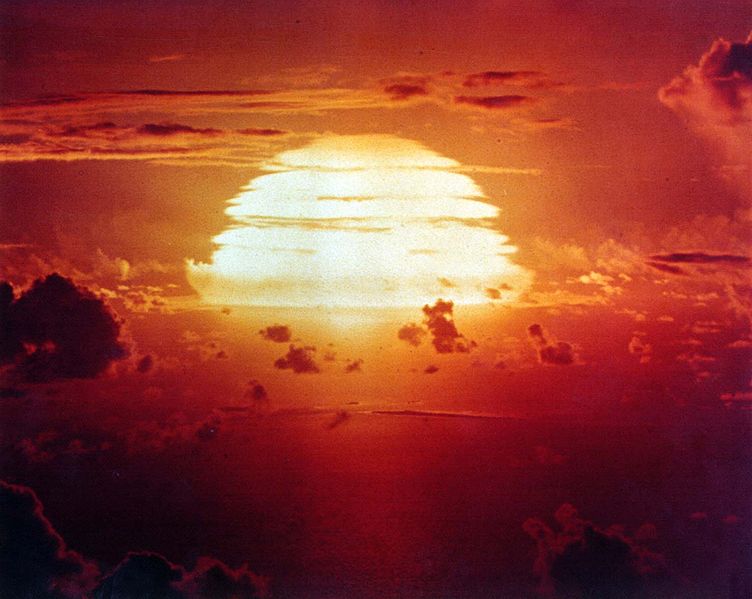Campaigners say this shows why a ban treaty must go ahead without them
The UK has said today that it will not be participating in next week’s international conference on the humanitarian consequences of nuclear weapon use. The meeting will look at the immediate and long-term impacts of nuclear weapon detonations, as well as international capacities to respond to such incidents. The UK’s decision to line up with its P5 colleagues and refuse to take part in evidence-based discussions on these effects shows its disdain for the interests and concerns of the wider international community.
As of today 128 countries have registered to attend the conference, including the majority of EU and NATO countries. Leading scientific experts are participating, including from key UK institutions such as Chatham House and the London School of Hygiene and Tropical Medicine.
At the 2010 Review Conference, all NPT states expressed concern at the catastrophic humanitarian consequences of use of nuclear weapons. But now the UK and other P5 countries appear to be saying that they won’t even discuss these consequences.
In advance of the conference, members of the International Campaign to Abolish Nuclear Weapons in the UK produced a series of studies on the impact of use of nuclear weapons on or by the UK or an accident at a UK nuclear weapons facility. These were launched yesterday in parliament to deafening silence from the UK government, which has not provided any evidence on the humanitarian implications of any of these scenarios. One of these studies showed that if one 100kT nuclear warhead were detonated over Manchester, 81,000 would be killed and 212,000 injured within one minute.
“The UK’s refusal to consider the humanitarian consequences of nuclear weapons is highly problematic, but not surprising and it reinforces our view that nations serious about the elimination of nuclear weapons need to start negotiations now on a treaty to ban them,” said Thomas Nash, Director of Article 36. “A ban treaty must go ahead with or without the participation of the nuclear-armed states. History shows that banning a weapon precedes (and can help facilitate) its elimination and it will be no different for nuclear weapons.”
Article 36′s new report ‘Banning nuclear weapons’, published this week, calls on states to agree a legal prohibition on nuclear weapons even if nuclear armed states refuse to participate – to build on the existing nuclear weapon free zones and put nuclear weapons on the same footing as the other weapons of mass destruction. Such a legal change would contribute to the delegitimisation of nuclear weapons, which is needed in order to untangle the mess that nuclear-armed states have got themselves into.
Richard Moyes, Managing Partner at Article 36 said: “The UK’s refusal to participate in a discussion about the harm that nuclear weapons may cause to people and the environment reflects their belief that nothing can happen without them. But if states can discuss the impact of nuclear weapons without the UK, they can negotiate a treaty to ban them without the UK as well.”
Contact:
Thomas Nash, Director, Article 36, mobile +44 (0) 7711 926 730 thomas@article36.org










